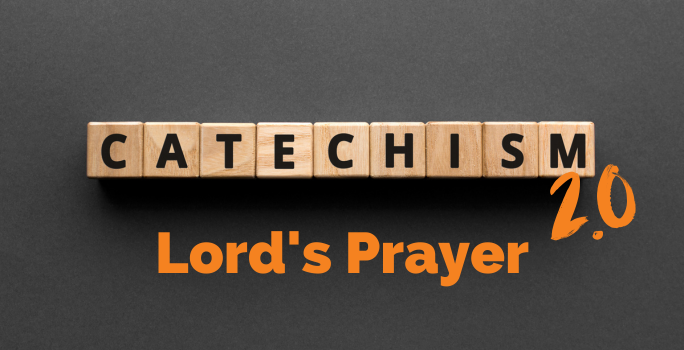This one-part Bible study considers the faith of Abraham.
Topics: Biblical Case Studies, Faith
Opening
Start by asking the question: Do you ever do something, like a chore, because your parents tell you to, but you don’t really know why you have to do it? What do you think is the point, or why do you do it?
Say:
In general, we have a lot of trust in our parents. Today, we are going to look at the story of Abraham, specifically, when God asked him to do something that was unthinkable.
Check it Out
For more background information, see Genesis 12 and 15 to read about God’s promise to Abraham that his descendants would be as numerous as the stars and many nations would be blessed through him. Also, check out Concordia’s Complete Bible Handbook published by Concordia Publishing House.
Say:
Abraham waited for many years for a son–and not just any son, but the one God promised to him, through whom the Savior of the world would come and “all nations would be blessed.” If you remember, his wife Sarah did not think she would be able to have children in her old age. She gave her maidservant
Hagar to Abraham and she had a son named Ishmael. Sarah did, however, have a son and named him Isaac.
Dig In
Read Genesis 22:1-19.
Ask:
What do you think Abraham must have been thinking when God asked him to sacrifice his son?
Verse 1 tells us that “God tested Abraham.” What do you think this means?
This is not like Satan tempting or testing Jesus in the wilderness, but God showing Abraham that He will fulfill His promise.
How is it that we get to see the faith Abraham had in God’s promise?
How do Abraham’s words in verses 5 and 8 demonstrate his faith in God’s promise?
Who provided the sacrifice? What kind of sacrifice was provided?
What blessing was given to Abraham and his descendants?
Who are the descendants of Abraham? (see Galatians 3:6-18)
Say:
Paul talks about the faith of Abraham in his letter to the Romans. He points out that Abraham’s faith is not about all his good works, but how he trusted in God’s promises.
Read Romans 4:13-25.
Ask:
Check out verses 20-22 again. In what ways did Abraham grow in faith?
This story foreshadows God’s sacrifice of His one and only son, Jesus, for us. How do you see Jesus in this story?
What does the earthly father, Abraham, teach us about our Heavenly Father’s love for us?
Activity
Give everyone a partner. The first partner will be blindfolded or should keep their eyes closed during the activity. The second partner will be given an easy drawing (house, cross, heart, etc.) and must describe the picture for the first partner to draw. The leader will add in noise and distractions as the partners are working together.
Are there any instructions from God in your life or you family’s life that would be hard to follow?
What kinds of instructions are harder to follow?
What makes it hard to follow God’s instructions in our lives?
Say:
Abraham knew that God would keep His promises. Even though these instructions were probably very hard for him to follow, Abraham had faith that God would provide a sacrifice. We know that we can trust God with everything in our lives. Even when instructions seem crazy or unthinkable we know that God keeps His promises, all His promises, in the death and resurrection of Jesus for us. Even for us sinners, who, like Abraham with Hagar, have to repent of taking an easier way of getting what we want than the way God has told us to live, His promise to us, in the forgiveness of our sins, remains sure. Abraham knew on that day that God would provide a sacrifice and Abraham knew that God would eventually provide Jesus as a sacrifice for us all. Abraham knew that God keeps His promises.
Closing
God truly showed His love for us on the cross! Check out Romans 5:8.
Prayer:
Heavenly Father, thank You for the gift that was given to us on the cross through Your son, Jesus. We know that You see each one of us as precious. Thank You for loving us and continually reminding us of Your love. We thank You for the example of Abraham and his faith. Help us to always see Jesus. In His name we pray, Amen.
Published September 2013








0 Comments